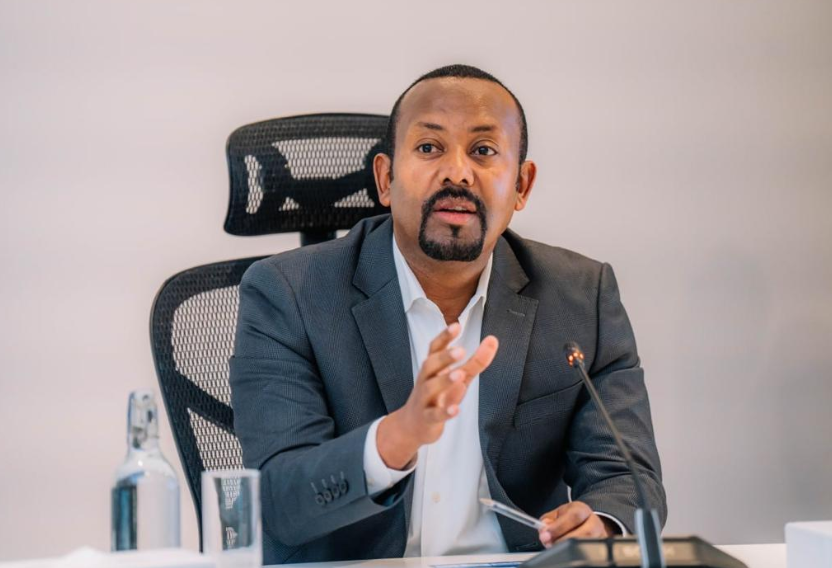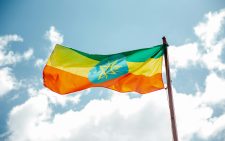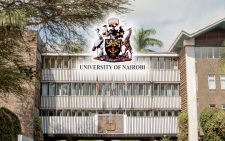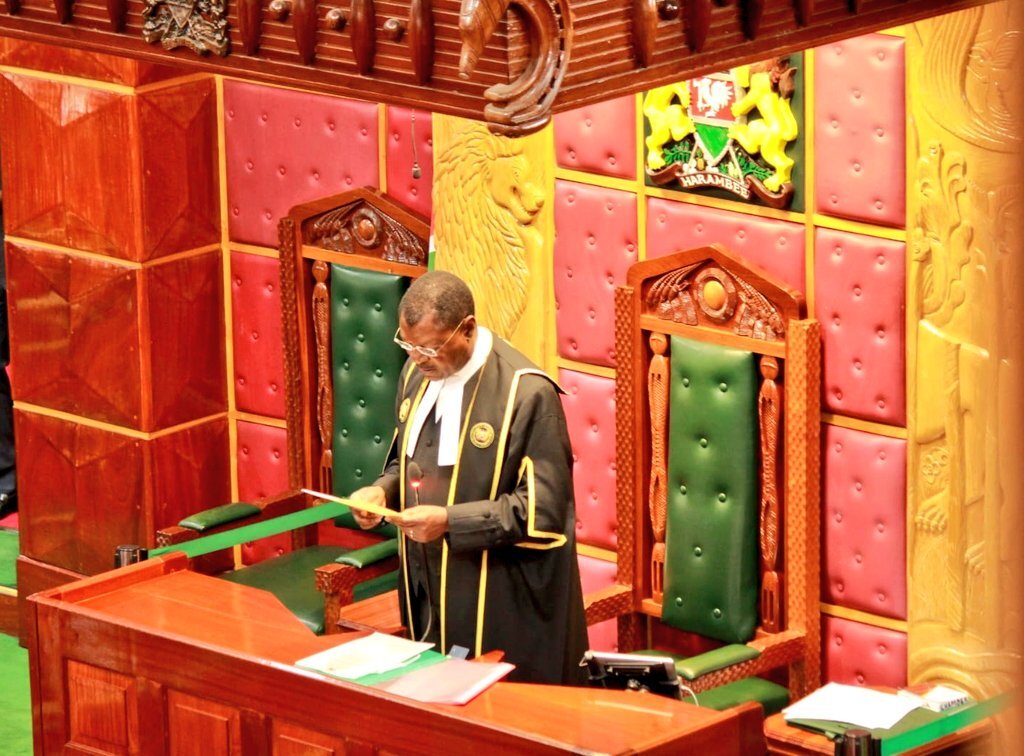Experts: Nile waters diplomacy to douse regional tension

Experts have asserted the need for science diplomacy to help resolve the dispute and tension between Egypt and Ethiopia over the distribution of the waters of the Nile River.
The Nile River has long been a focal point of historical geopolitical tension, particularly between Egypt and Ethiopia. This friction intensified when Ethiopia in 2011 embarked on the construction of the Grand Ethiopian Renaissance Dam (GERD), located on the Blue Nile, a crucial tributary that feeds into the Nile River.
In a bid to apply science diplomacy in complementing other political and diplomatic efforts over the Nile Basin transboundary dispute, The African Academy of Sciences (The AAS) and the European Commission last month co-organized a symposium to deliberate on the subject.
The AAS invited over 20 scientists, academic intellectual experts from universities and leading institutions on water management in Africa, Europe and North America to act as the African voice in resolving transboundary water disputes among the 11 Nile Basin countries.
Dr Nkem Khumbah, the head of STI policy systems, governance and partnerships at The AAS said; “The symposium was important in applying research, science and diplomacy in addressing issues related to managing common shared resources such as the waters of the Nile that have dominated the media in this region of Africa.”
Affirming the need for science to contribute as much as possible in developing compromises on issues of history in a political context, the experts made presentations on how science could help unlock the mindset in the upstream versus downstream dispute involving Egypt, Ethiopia and Sudan over the GERD.
Extensive scientific, technical, economic and geopolitical presentations at the 24-25 October symposium were probably the most comprehensive academic and intellectual effort ever to devise technical understanding and solutions to transboundary river-related development issues in the Nile Basin.
The researchers examined with in-depth qualitative analysis the Nile Basin’s complex transboundary relations over shared waters.
Prof Daniel Olago, the chairman of the Department of Earth and Climate Sciences and Research Director, the Institute for Climate Change and Adaptation at the University of Nairobi, made a case for understanding of the African water systems and science diplomacy.
Equitable management
He called for a holistic approach as outlined in Africa Water Vision 2025, which calls for “An Africa where there is an equitable and sustainable use and management of water resources for poverty alleviation, socio-economic development, regional cooperation, regional cooperation and the environment.”
Prof Olago referred to the 2015 Network of African Science Academies report, ‘The Grand Challenge of Water Security in Africa: Recommendations to Policymakers’, and the segment on the management of transboundary water systems.
“The science diplomacy space must involve all the stakeholders including the policymakers, institutions managing water systems and the people who live on the ground to manage the entire environment for water as a resource within the water-food-energy nexus.
“Managing the over 60 transboundary rivers in Africa as well as the lakes and groundwater systems requires political cooperation between the involved riparian states. Treaties are believed to be the best form of lakes, rivers and aquifer management,” he added.
Global Institute of Sustainable Development, Advanced Analysis and Design President and CEO Prof Hilary Inyang, who chaired the symposium’s scientific committee said recommendations from the discussions will be presented to the 11 Nile Basin member states.
“Our discussions should include independent scientific evidence, information and science diplomacy instruments for regulation, policy, enforcement and market incentives supporting public decision-making to help resolve trans-boundary water disputes, not only in the Nile Basin but across Africa,” said Prof Inyang.
The Nile River, the world’s longest river, has a defining physical, economic and geopolitical influence in the African continent that continues to be the subject of great academic interest.
For thousands of years, the river has been a vital freshwater resource for millions of northeast Africans who rely on it for irrigation, drinking water, fishing and hydroelectric power.
The Nile River flows over 6,800km before emptying into the Mediterranean Sea.
The entire Nile River Basin is made up of interconnected streams, lakes and rivers.
Shared by 11 countries – Burundi, the Democratic Republic of the Congo (DRC), Egypt, Eritrea, Ethiopia, Kenya, Rwanda, South Sudan, Sudan, Tanzania and Uganda – the Nile River embodies the current challenges and bountiful opportunities in an extensive and diverse region.
More so when managing a resource supporting over 230 million people across a broad spectrum of cultures, landscapes and communities. While the Nile River plays a vital role in livelihoods, culture, and economies, its transboundary nature has led to long-standing disputes.
The Nile River flows through a complex region where the intricacies of politics, culture and historical perception can often overshadow the technical solutions needed for effective, transboundary cooperation in river-related management and development.
Economic growth
The AAS believes that through science diplomacy, a peaceful and lasting solution can be achieved in transboundary water disputes among Nile Basin countries. The symposium discussed scientific solutions to the water use challenges, with the goal of fostering cooperation and ensuring the sustainable management of the Nile’s resources.
The long-standing tension between Egypt and Ethiopia remains the biggest stumbling block to the resolution of the simmering dispute. Ethiopia considers the GERD vital for its economic growth and infrastructure development, asserting that the dam will not endanger water supplies to countries downstream.
The Ethiopia government says the dam will provide much-needed electricity for millions of its citizens and foster economic stability without compromising the water rights of neighbouring nations.
In contrast, Egypt perceives the GERD as a significant threat to its vital water supply from the Nile, on which the country heavily depends for agricultural and domestic use.
Although the dispute has mainly revolved around the three countries of Egypt, Ethiopia and Sudan, its ramifications affect all the eleven Nile Basin countries.
Scientists and experts are continuing to explore the potential of independent scientific evidence in supporting public decision-making to resolve Nile Basin states’ trans-boundary water disputes.












